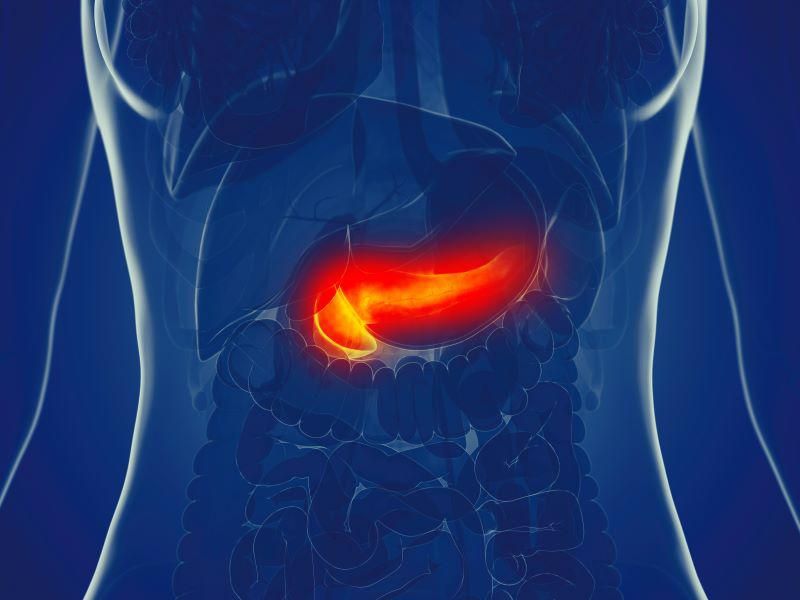Percent of resections declined in Texas between 2004 and 2018
By Lori Solomon HealthDay Reporter
FRIDAY, July 28, 2023 (HealthDay News) — Surgery is underutilized for the treatment of resectable pancreatic ductal adenocarcinoma (PDAC) in Texas, according to a study recently published in the Journal of Surgical Oncology.
Gilbert Z. Murimwa, M.D., from the University of Texas Southwestern Medical Center in Dallas, and colleagues used data from the Texas Cancer Registry to identify resectable PDAC patients who underwent curative-intent surgery between 2004 and 2018. Demographic and clinical factors associated with failure to operate and survival were evaluated.
The researchers found that among 4,274 identified patients, 22 percent underwent resection, 57 percent were not offered surgery, 6 percent had comorbidities precluding surgery, and 3 percent refused. During the study period, the resection rates decreased from 31 percent in 2004 to 22 percent in 2018. There were significant associations observed between increasing age and failure to operate (odds ratio, 2.55) and treatment at a Commission on Cancer center with reduced failure to operate (odds ratio, 0.63). There were significant associations between survival and resection (hazard ratio for death, 0.34) and treatment at a National Cancer Institute-designated center (hazard ratio for death, 0.79).
“We are failing nearly 80 percent of patients eligible for surgical resection, which can significantly extend survival or potentially even be curative in combination with chemotherapy,” coauthor Patricio Polanco, M.D., also from the University of Texas Southwestern Medical Center, said in a statement. “Many patients think that this is always an incurable disease and don’t pursue aggressive treatment.”
Copyright © 2023 HealthDay. All rights reserved.








